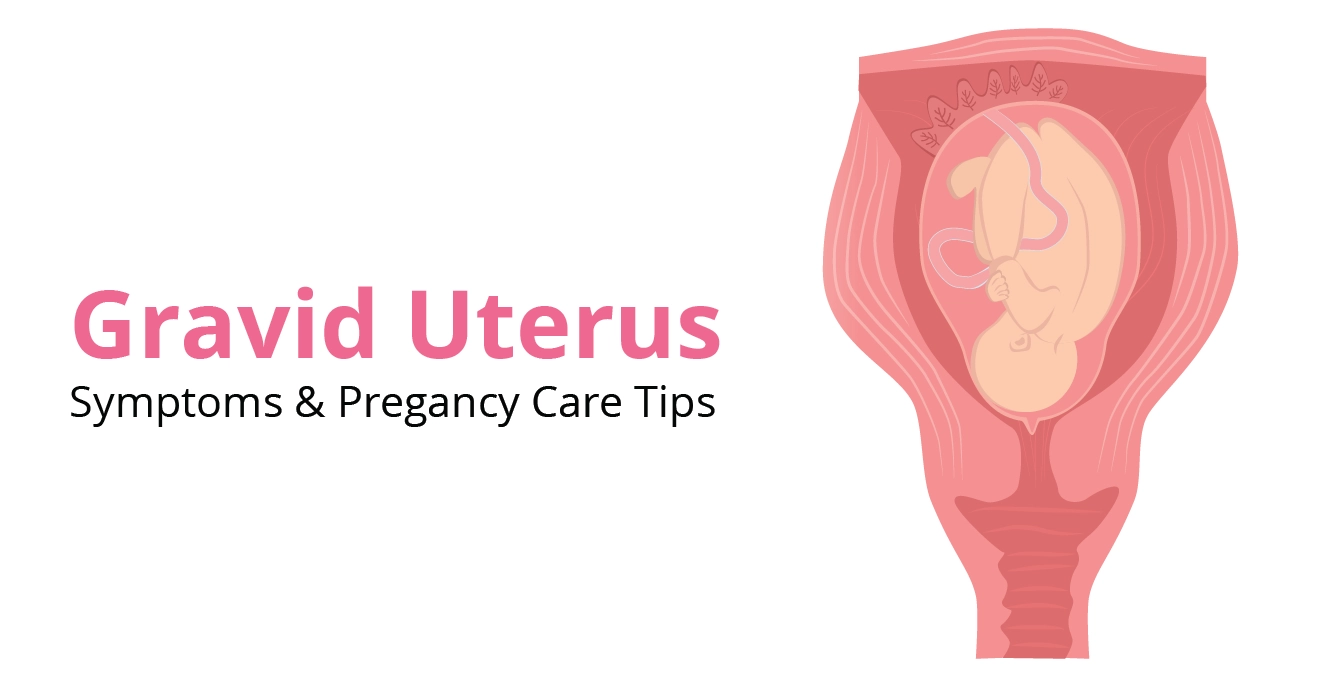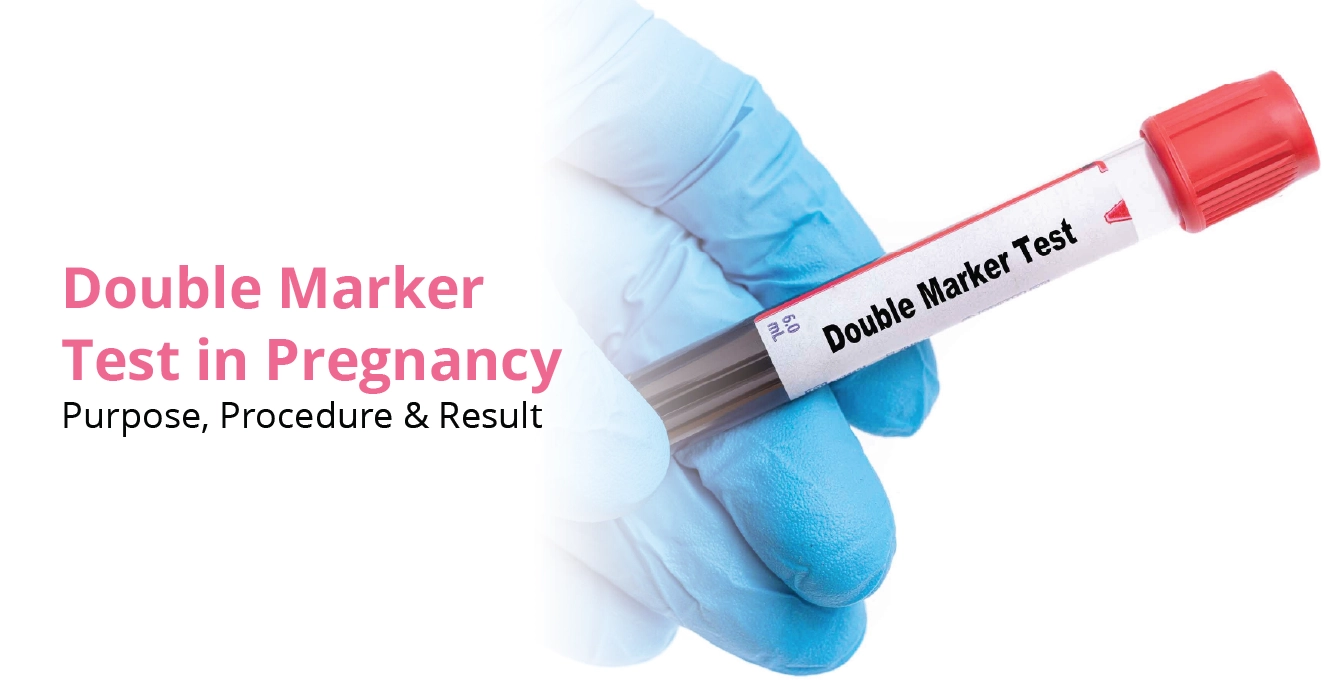
Abortion: Everything You Need to Know

Table of Contents
Abortion, or induced abortion, is the intentional ending of a pregnancy through pharmaceuticals, surgery, or other means.
It is considered medically necessary in cases where the pregnancy poses a risk to the woman’s life or physical health.
Abortion is legal, according to the MTPA Act, 1971, for up to 20 weeks. In case of miscarriage, however, the procedure can be carried out at any point during the pregnancy.
How is abortion different from emergency contraception (morning after pill)?
Emergency contraception can be taken in times of birth control failure or after unprotected sex. It is not as effective as abortion in preventing pregnancy.
The morning-after pill prevents ovulation and fertilisation, which eventually decreases the chances of pregnancy, while the abortion is done to terminate a pregnancy.
Emergency contraception is intended for use within 120 hours (5 days) after sexual intercourse, whereas an abortion must be performed before the end of the first trimester (approximately 13 weeks).
How to prepare yourself for an abortion
Here are three things you can do to prepare yourself:
– Educate yourself
The first step is to educate yourself on the different types of abortion procedures, their risks and complications, and what to expect during and after the procedure.
It’s also important to understand your personal beliefs about abortion, as this can impact your decision-making process.
– Find the right healthcare service provider
Find out if the medical facility you choose provides medical or surgical abortion. Also, find out if they offer services such as STD testing and treatment, contraception counselling, pregnancy testing, prenatal care, obstetric care (care provided by an OB-GYN), etc.
– Check the costs for the procedure
Depending on where you live, state laws, type of procedure and how far along you are in your pregnancy, many factors can affect the cost of an abortion.
How is an abortion performed?
There are several ways that abortion can be performed, and the type of abortion you have will depend on how far along you are in your pregnancy and also on whether it is done voluntarily or if it is a medical necessity.
Medication Abortion
Women in the first trimester of pregnancy can undergo a medical abortion.
A woman takes two pills, one containing Mifepristone and the other Misoprostol, within 72 hours of their last menstrual period. Mifepristone blocks progesterone and induces uterine contractions. Misoprostol, on the other hand, causes ulceration and emptying of the uterus.
The process can take anywhere from three to five days, and the success rate is 95% if the abortion is performed early enough. However, the success rate can vary depending on the medical health of the women.
Medical abortion is an option till up to 70 days after unprotected sex or birth control failure.
Surgery
Surgery is typically used when there are too many risks for the mother or fetus for a medication abortion.
In most cases, surgical abortions are conducted during the first 12 weeks of pregnancy through suction aspiration or dilation and evacuation (D&E).
- Suction Abortion
During suction aspiration, which accounts for 85% of all surgical abortions, doctors use vacuum tubes attached to a syringe to remove the fetus and placenta tissue. It can be done between 15-24 weeks of gestation and is typically considered only when all other methods have failed.
The doctor removes the fetus with suction and empties the uterus with sharp instruments. An injection of painkillers into the woman’s abdomen may be given before the procedure begins to make it more comfortable.
- D&E Abortion
D&E involves opening the cervix and removing any remaining fetal parts using forceps, clamps, scissors, and other instruments.
D&E carries more risk than suction aspiration but is often preferred because it can be completed in one session rather than multiple ones over several days.
While there are many similarities between the two procedures, there are also notable differences:
- The cervix needs to be dilated farther than what would happen with a D&E performed pre-18 weeks gestation because of increased fetal size
- The fetal tissue removed from the uterus is examined under the microscope for diagnosis purposes
Complications and risks associated with abortions
Although abortions are generally safe, there are some risks and complications associated with the procedure. These include infection, haemorrhage, uterine perforation, and damage to the cervix. In rare cases, death can occur.
– Risks of medical abortion
Medication abortion using Mifepristone (the ‘abortion pill’) carries several potential side effects. Abortion pill side effects include nausea, vomiting, diarrhoea, pelvic pain, and cramping.
Mifepristone also carries a slight risk of ectopic pregnancy (an egg being fertilised outside the womb) or miscarriage if taken after 12 weeks gestation or used with misoprostol.
– Risks of surgical abortion
The immediate risks associated with a surgical abortion procedure include excessive bleeding, infection, damage to organs and tissue in the reproductive system, anaesthesia complications and emotional distress due to feelings of guilt or regret.
However, these risks are low if proper medical attention is provided during and after the procedure.
Women should follow their doctor’s instructions carefully post-procedure, including following recommendations for resting, eating well and caring for themselves afterwards.
How long does it take to recover from an abortion?
Most people report feeling better within a few days after an abortion. However, it is normal to have mood swings and feelings of sadness, emptiness, or guilt. These feelings usually go away within a couple of weeks.
If you find that you’re still struggling after a couple of weeks, it’s important to reach out for help.
– Recovery after medication abortion
The heavy bleeding and cramping will slow down within a day or two. Some women may need over-the-counter pain relief medication like ibuprofen (Advil) to control any remaining pain.
You can take care of yourself by resting as much as possible while eating well and drinking plenty of fluids.
– Recovery after surgical abortion
Immediately following surgery, your health care provider will monitor your recovery in our office until you feel comfortable enough to go home.
Over the next 2-3 days, you’ll probably experience more bleeding and cramping, similar to what you experienced before surgery.
Taking ibuprofen (Advil) every 6 hours might be helpful for mild cases of cramps. In more severe cases of pain, we may prescribe stronger pain medications for 1-2 days after surgery.
Conclusion
If you are considering abortion, it is important to understand your options. Birla Fertility and IVF Clinic offer various services like counselling, support, and resources to make an informed decision.
Our staff is here to answer any questions you may have, offer comprehensive consultation, and help you make the best decision for your situation. We offer surgical and medical abortions and various counselling services like post-abortion care, comprehensive care plans, and diet charts if needed.
Book an appointment with Dr. Madhulika Singh today to learn more about your options.
FAQs:
1. Is abortion painful?
If you opt for medical abortion, you will experience strong cramps. If you are going through with a surgical abortion, you can expect to experience some cramps or pain during an abortion. But it typically decreases when the tube is removed from the uterus.
2. Does the fetus feel anything?
The fetus cannot know what’s happening to them, so they don’t feel anything. However, some people believe that the shock of being ripped away from the warmth and safety of their mother’s womb causes a momentary lapse in consciousness, which would make sense considering that it takes a moment for the brain to register what just happened.
3. Will I be given Pills by Post?
Pills by post is the abortion pill treatment at a home program approved by the government. This is a safe and legal method to end the pregnancy at an early gestation period. You will receive pills by post if you decide to terminate your pregnancy via medical abortion.
4. How confidential is abortion?
Abortion remains one of the most private medical services because only the patient and her doctor know about it. There are exceptions if any complications arise during an abortion, but these are few and far between.
Our Fertility Specialists
Related Blogs
To know more
Birla Fertility & IVF aims at transforming the future of fertility globally, through outstanding clinical outcomes, research, innovation and compassionate care.
Had an IVF Failure?
Talk to our fertility experts

 Our Centers
Our Centers














